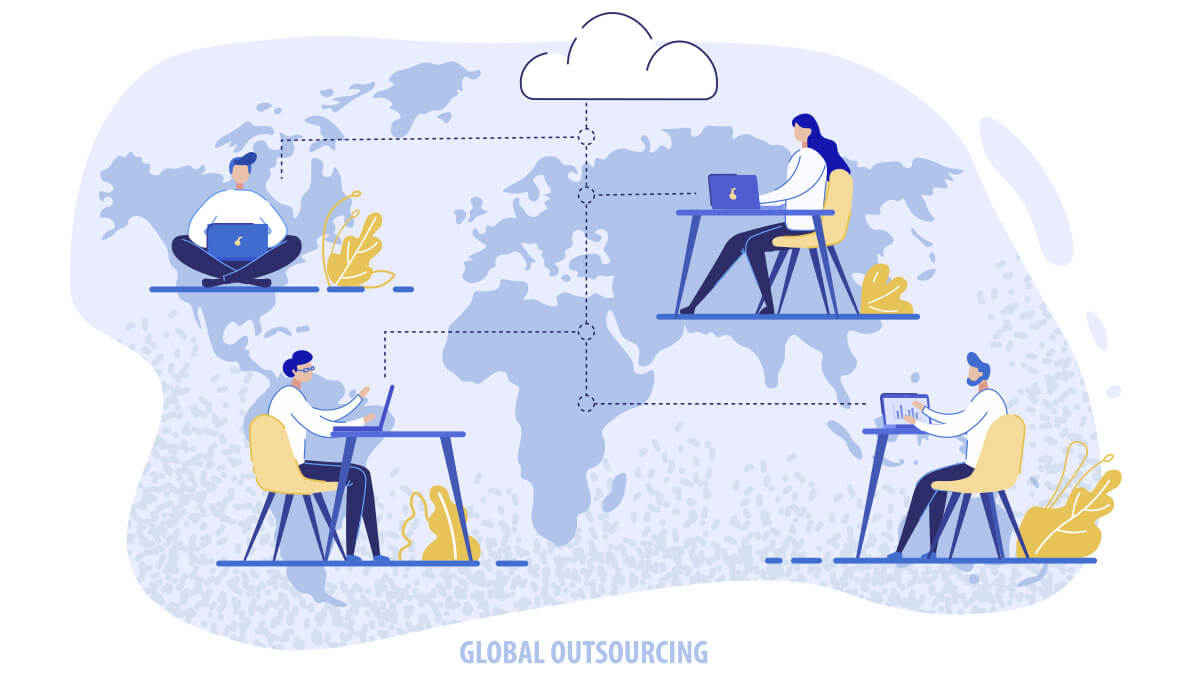Will social distancing mean new work etiquettes or more replaced workers?
We are living in exciting times. I won’t be surprised if my next home-delivery order of sanitizers and soaps comes with the metallic hum of a drone. Or my nearest pizza shop using AI recruitment to build a team. Mentally, and otherwise, we have become ready for the idea of intelligent machines helping us in more and more tasks. Their use and relevance are going to get irreversible as we move forth.
That is a hard truth that is, perhaps, not so hard if we look at everything else that is changing around us. When the lockdowns ease, we will not be dropping any jaws if we have to walk to our office in a hands-free elevator.
We would not find someone rude if, in a meeting, they do not shake hands but wave a warm ‘Hi’ or do a ‘Namaste.’
We wouldn’t be too surprised if our next interview is taken by AI recruitment software. Would we miss the water-cooler or that smoke-break on the terrace terribly?
Will we feel lonely working in an office where cubicles are set wide apart. Glass walls, instead of glass ceilings, are going to come up.
The rise of robots and AI recruitment
With the new work paradigm where we have to be productive and yet stay safe by applying social distancing, we would have to get used to a lot of new shifts. Shifts that would not be limited to office architecture, the design of parks and roads we walk on. They will also define new etiquettes of travel and interaction.
Among other changes, we will see more robots popping in our lives and workplaces, especially after a crisis hits and rewires the world. The Century Foundation did some surveys in 2019 and found that robot intensity has sharply increased after the 2009 recession. After the Corona lockdown, similar trends would shape up. More robots won’t be a surprise at all. But they will not be blue-collar workers anymore. They would start helping us right in the nucleus of our work desks as cobots. They would do tasks and functions that were considered off their limits so far.
AI recruitment tools have already started helping HR teams with remote assessment, video interviews, accurate employee assessment, and much more.
A robot with inbuilt AI recruitment software might greet potential candidates in the future and also carry out an interview. And also start working along with you as a human colleague!
When that happens, we will have to remember to co-exist with them:
- Let’s stop hating robots: If not for them, many health risks would keep the world from getting back on its track again. The world has to start whirring at some point.
- Let’s expand our learning curves. Yesterday’s skills and competencies might soon get jaded. So why not learn to work ‘with’ a robot and not worry about ‘robots’ displacing you.
- Let’s find ways of being indispensable. Even the most advanced AI recruitment process would need a ‘human in the loop’ factor. What loop would you fit in the most? What is your distinct ‘human’ edge here? Start asking some uncomfortable questions early on.
- Get used to the new language and culture. Your tantrums, excuses, and games might have been a source of venting-out or a human behavior aspect in the old workplace. None of that is going to work with robots. The way you interact with a machine would be totally new and shocking.
- Learn how to collaborate with a machine. By knowing the various dimensions of feedback loops, models, algorithms, robotic gaps, precise cues, the timing of inputs and physical boundaries
- Elevate your safety levels. Accidents, both physical and work-related, can happen if either you or the robot messes up anywhere. Mitigate those risks.
- Unlearn the erstwhile mode of work. The faster you do this, the better equipped you would be to let AI recruitment augment your work. Do not stay parked in the traps of the past. Adapt and move on.
Interestingly, by 2030, up to 800 million workers around the world could be replaced by machines; a Future Workplace-Oracle survey found that 82% of workers believe robot managers to be better than human ones when it comes to maintaining work schedules and providing unbiased information. As many as 64% of workers (90% in India) said they trust a robot more than a human manager!
- Popular Pre-Employment assessment and Screening Tests - July 2, 2020
- The Complete Guide To Pre-Employment Testing - June 30, 2020
- The Rise of Robots - June 9, 2020

